Free Tropical Runtz seeds on orders over $150!
Growing organic cannabis is becoming increasingly popular among growers because it allows them to produce higher-quality crops. It appears that there are only advantages! Join the organic cannabis grow trend by following the steps outlined below.
Growing organic cannabis means using only biologically available resources. Unlike with chemical nutrients, there is no “middle man” extracting only the active parts of something to be converted into an easily soluble salt in organic growing. Growing organic cannabis utilizes naturally available nutrient sources and allows them to be naturally broken down into something that a plant can absorb. This includes organic products that you could grow using composting or even permaculture (aquaponics).
There are numerous advantages to learning how to grow cannabis organically as opposed to using chemical fertilizers, but two stand out:
It is not ideal for the environment to leave traces of chemicals in the soil or wastewater, even if it is not catastrophic.
The use of nutrients of biological origin will benefit your plants, resulting in greater resistance to cannabis pests and diseases and a boost in crop quality.
To achieve the best results, organic nutrients for cannabis must be consumed as part of a varied and complete diet. They, like humans, require two types of food: macronutrients and micronutrients. With three exceptions, cannabis plants can absorb all of their nutrients from the soil. They “inhale” carbon dioxide through tiny pores on their leaves known as stomata. They then generate oxygen and hydrogen by water splitting during photosynthesis.
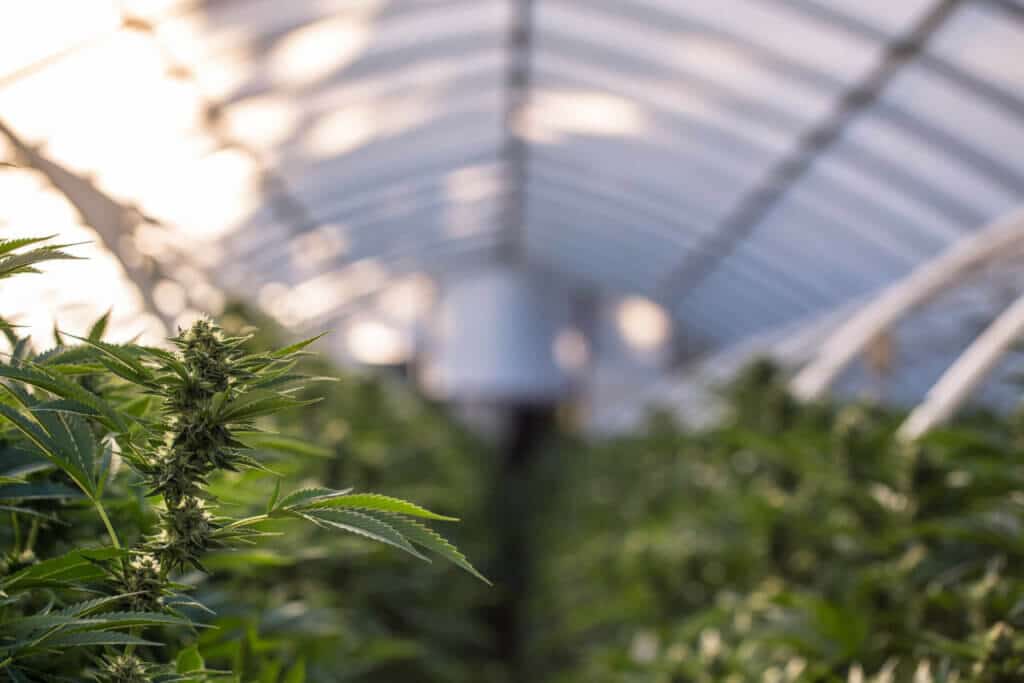
It all comes down to high-quality organic soil for cannabis if you want your plants to have access to this variety of nutrients. Beginning with good soil rich in compost and organic matter almost always ensures a good supply of all of these minerals and elements.
On the other hand, cannabis plants rely on the life and death cycle of a thriving soil food web to gain access to nutrients. Roots cannot extract minerals from organic matter. Organic soil cannabis, however, uses root exudates to conduct the rhizosphere’s orchestra. As an organic grower, all you have to do is make sure your soil is well-supplied with nutrient-rich organic matter, such as compost/compost teas, worm castings, and other sources.
Learning how to grow organic cannabis is simple and adaptable, as there are numerous ways to integrate these techniques into your domestic grow.
To begin, an all-naturally altered soil medium is perhaps the most important first step in establishing a healthy, long-term development. Creating a viable food web for the microbial that will certainly assist keep your plants piled with readily available “organic” nutrients is critical in creating a clean and reliable organic soil for cannabis. Most types of compost, pumice, earthworm castings, kelp meal, perlite, bat guano, fish emulsion, peat moss, and other organic soil amendments are popular. Ingredients along these lines each serve a specific purpose and will aid in the proliferation of microorganisms.
One of the most key steps in establishing a successful organic cannabis growth is providing your cannabis with adequate growing conditions. This includes a proper light spectrum, ideal temperature, and humidity for growing cannabis setups, as well as adequate ventilation and airflow. Most organic growers bet by planting outside, but if you must grow indoors, selecting lights with the broadest light spectrum and the coolest temperature output is critical. Hot lights can be mitigated with proper ventilation and temperature control.
It’s as simple as finding the right water to use to feed your organic cannabis. Avoid using tap water when growing organically. Fluoride and other chemicals commonly found in public water can and will kill beneficial bacteria in your soil. Many great organic additives can aid in the growth of organic cannabis, many of which provide numerous benefits to the growing process. For example, incorporating aerated compost teas can be extremely beneficial in various ways. Compost teas reinstate living microorganisms in the soil, enabling advantageous processes like pathogen control, nutrient conversion, and disease elimination.
Organic pest management is simpler than you might think. There are a few natural pest management remedies on the market that work great for controlling both indoor and outdoor gardens without the use of harmful systemic synthetics. Companion planting is an excellent first step for outdoor growers. Use basil or dill to repel gnats and marigolds to repel aphids in your garden. A quick search will yield a multitude of beneficial pairings for your garden plants; replace your control subjects plant with cannabis, and you’re good to go.
Organic growers rarely need to be overly concerned with pH. However, problems may still arise. Every soil has a unique pH value. Remember the scale from science class that ranged from 0 to 14? Acidity ranges from 0–6, neutrality ranges from 7–14, and alkalinity ranges from 8–14. But why should growers be concerned about this? Cannabis, on the other hand, thrives in slightly acidic soil (pH 6–7). Roots struggle to absorb nutrients when the soil becomes too acidic or alkaline, called a nutrient lockout. Eventually, cannabis deficiencies will occur, compromising plant health and output. Growers can use a simple pH tester to measure soil samples.
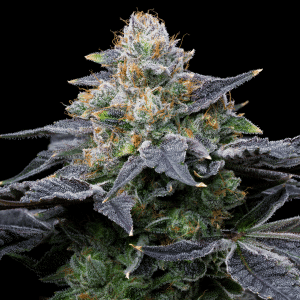
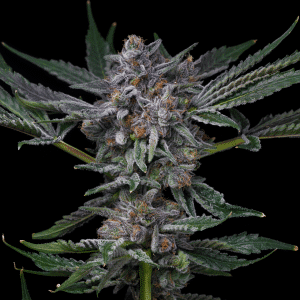
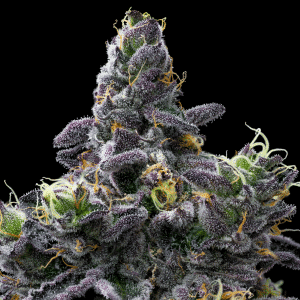
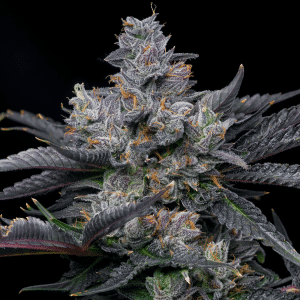
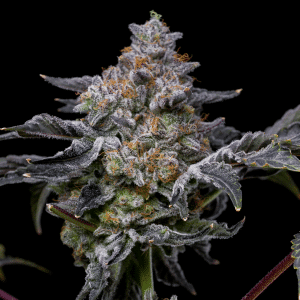
Offers
This product is not for use by or sale to persons under the age of 18. This product should be used only as directed on the label. It should not be used if you are pregnant or nursing. Consult with a physician before use if you have a serious medical condition or use prescription medications. A doctor’s advice should be sought before using any hemp products. All trademarks and copyrights are property of their respective owners and not affiliated with nor do they endorse this product. These statements have not been evaluated by the FDA. This product is not intended to diagnose, treat, cure or prevent any disease. By using this site you agree to follow the Privacy Policy and all Terms & Conditions printed on this site. All products contain less than 0.3% Cannabinoid-compliant with applicable Federal Laws. Please make yourself aware of any and all applicable laws regarding hemp in your jurisdiction. Premium Cultivars accepts no liability or responsibility regarding germination laws in any specific locale state or national jurisdictions.THCA products are not available for shipment to the following states: Hawaii, Idaho, Minnesota, Oregon, Rhode Island, Utah, Vermont *Note: Products with Total THC content above 0.3% must not be shipped to these states.
We want to help you get your hands on the seeds you want, take 20% off your next purchase when you enter your email below!
We want to help you get your hands on the seeds you want, take 20% off your next purchase when you enter your email below!